
The Drug Supply Chain Is Broken. A New Breakthrough Paves The Way For On-Demand Plant-Based Medicines
The Drug Supply Chain Is Broken. A New Breakthrough Paves The Way For On-Demand Plant-Based Medicines
When Covid hit and hospitals started reporting shortages of hydroxychloroquine and other medicines vital to patients with conditions like malaria, lupus, asthma, and COPD, it became clear that our drug supply chain was broken.Nearly all plant-based medicines — including hydroxychloroquine — are made outside the US because the medicinal plants used to make them grow in very particular climates. For example, India manufactures 70% of the world's supply of hydroxychloroquine. (India initially banned the drug’s export to the US but later reversed its decision after President Trump threatened “retaliation”.)Plant-based drugs have long been subjected to production limitations and medical shortages. Environmental disasters like the Australian wildfires or sudden spikes in the demand (similar to what the US experienced at the onset of the pandemic) can result in patients lacking desperately needed medicines.“We’re experiencing a number of challenges with supply chains for pharmaceuticals today, especially in supply chains that are based upon farming,” says Stanford professor Christina Smolke.
A new way to make old drugs
In a Nature paper published today, Smolke and her lab report a breakthrough in making plant-based medicines that lays the foundation for a flexible, on-demand drug supply chain to replace our current fragmented and slow-moving one. The solution: use yeast instead of plants.Using the tools of synthetic biology, which combines advances in our ability to edit DNA with computation and automation, Smolke’s lab successfully added the genes from plants into baker’s yeast that make drugs called tropane alkaloids. This class of drugs includes hyoscyamine and scopolamine, two traditional drugs used to treat neuromuscular disorders like Parkinson's as well as nausea from motion sickness and surgery.

Stanford professor Christina SmolkeSmolke’s lab had previously demonstrated a similar ability to engineer yeast to ferment opioids, another plant-based class of medicines. That process added over twenty genes from five different organisms to yeast cells, resulting in the first narcotic produced using synthetic biology. But the project reported today was far more challenging and has bigger implications for the way we make plant-based medicines.“The way that plants have evolved to make tropane alkaloids is through a very complicated biosynthesis scheme,” says Smolke. In nature, the pathway depends on enzymes that only work in specific tissues, cell types, and organelles within the plant.Smolke’s team took what it calls a “whole-cell engineering” approach to the problem. It not only rebuilt the pathway’s 26 different enzymes and proteins in yeast, but it also recreated the cellular “microfactories” needed for the pathway to work as it would in plants. This included special transporter enzymes that shuttle the intermediate chemical into and out of the various microfactories as needed during biosynthesis of the chemical. Replicating these various cellular processes in a single microorganism like yeast has never been done.The result: the same basic yeast that makes bread and wine can now also ferment some of the most complex molecules known to humankind.The research is a strong indicator that the vast majority of plant-based drugs can be produced through industrial fermentation in the coming years. Rather than the months or years it takes to grow, harvest, and extract key molecules from medicinal plants, a fermentation-based manufacturing approach can be implemented in any location and takes just days to produce target compounds, enabling the production of essential medicines when and where they’re needed.Smolke’s research also sets the stage for others to discover improved drugs starting from the original. By making thousands of individual changes to the original biosynthetic pathway, scientists can discover new tropane alkaloid derivatives with new properties, which could be useful as new therapeutics for CNS disorders.“This type of work lays the foundation for being able to develop a bio-based fermentation process for producing these and related molecules,” says Smolke.
Scaling up from the lab
In 2013, Smolke founded Antheia, a biotech startup that is bringing to market next-generation plant-inspired medicines like these. Antheia developed a fermentation process that takes the work from the lab to commercial scales. These days, Smolke spends most of her time at Antheia, turning her lab’s research into commercial products.“I think it's a very unique opportunity as an engineer to have a hand in both innovating the breakthrough research that underlies these innovations and then guiding them to commercialization,” Smolke says. “There's a lot of steps beyond what we would do in an academic lab to actually bring something to the stage where it can have a real impact in the world.”Follow me on Twitter at @johncumbers and @synbiobeta. Subscribe to my weekly newsletters in synthetic biology. Thank you to Kevin Costa for additional research and reporting in this article. I’m the founder of SynBioBeta, and some of the companies that I write about are sponsors of the SynBioBeta conference and weekly digest. Here’s the full list of SynBioBeta sponsors.Originally published on Forbes: https://www.forbes.com/sites/johncumbers/2020/09/02/making-plant-based-medicines-with-yeast-a-new-breakthrough-paves-the-way-for-an-on-demand-drug-supply-chain/



.svg)





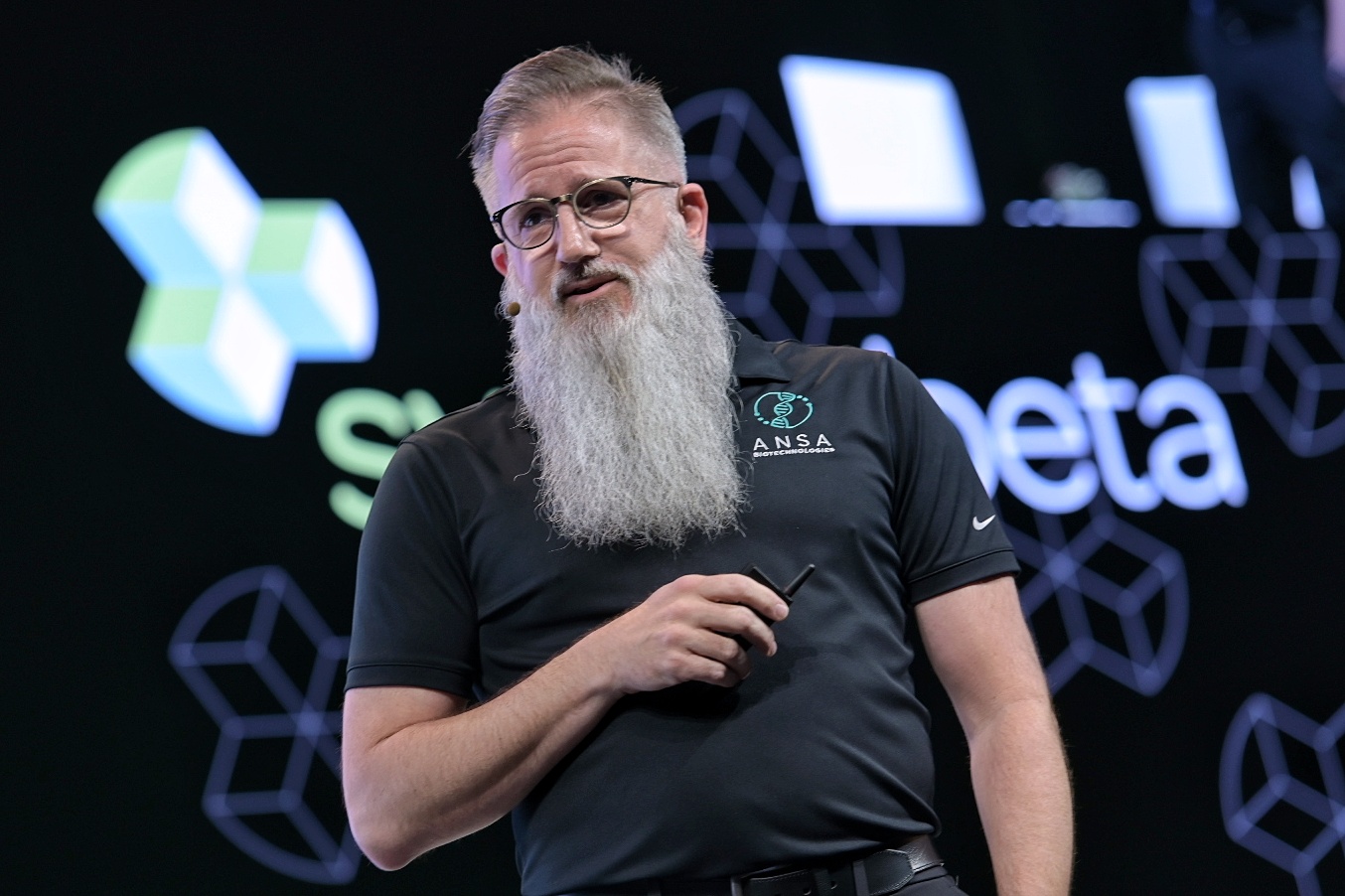
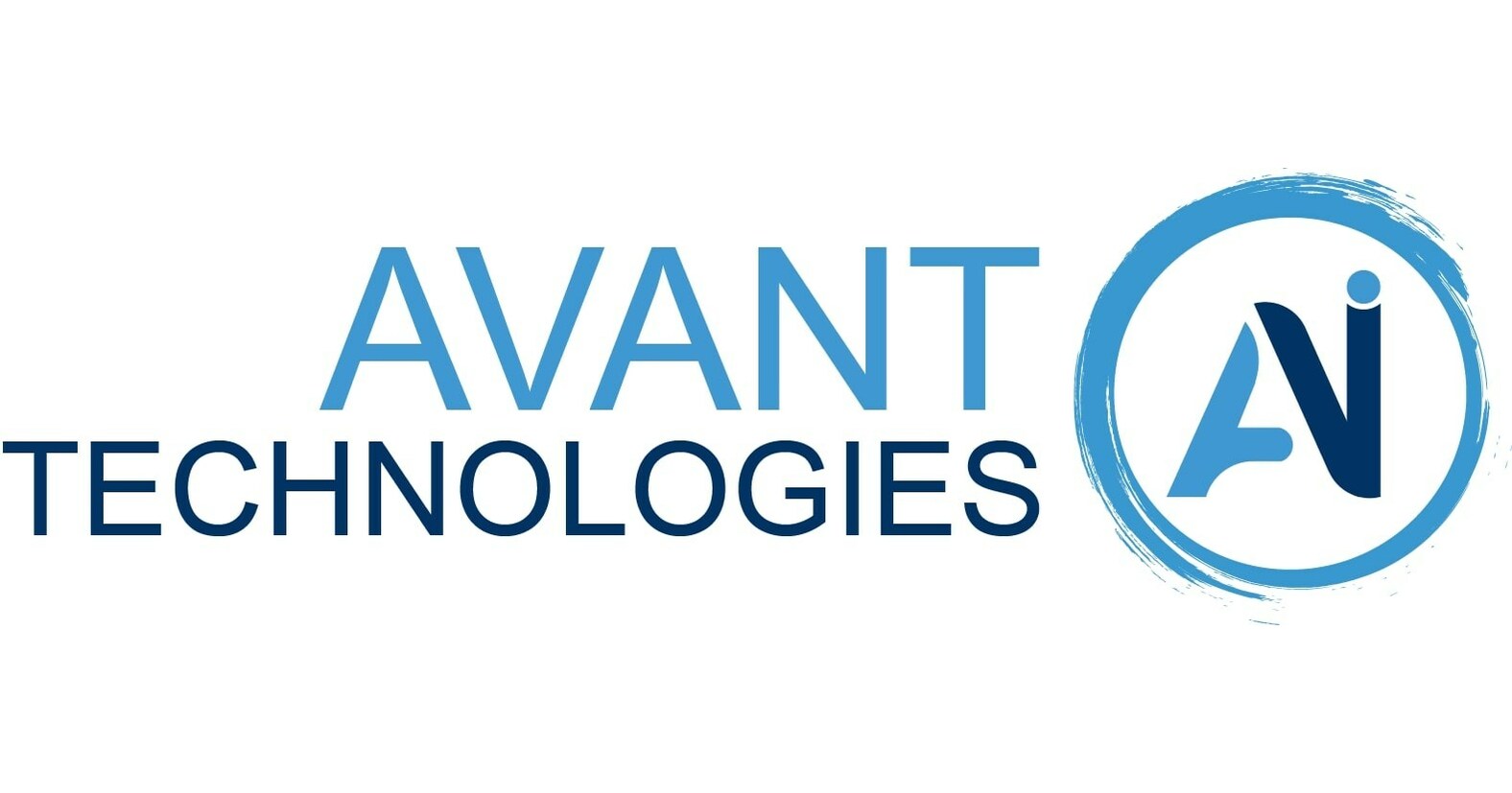
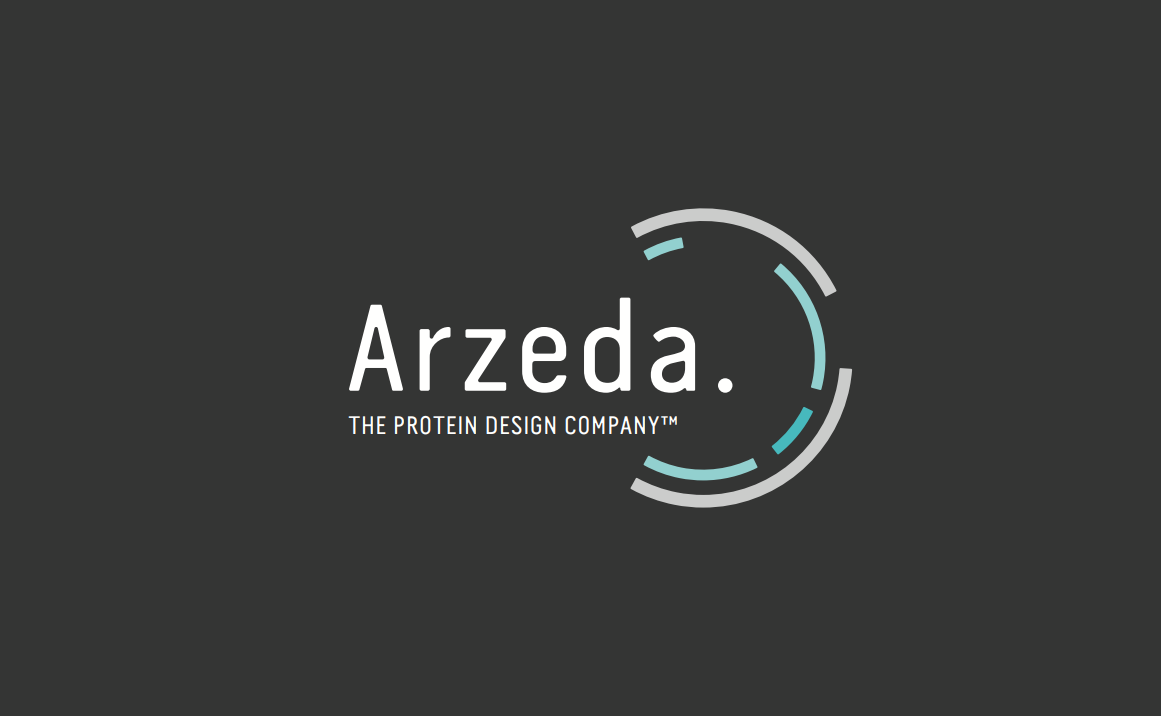
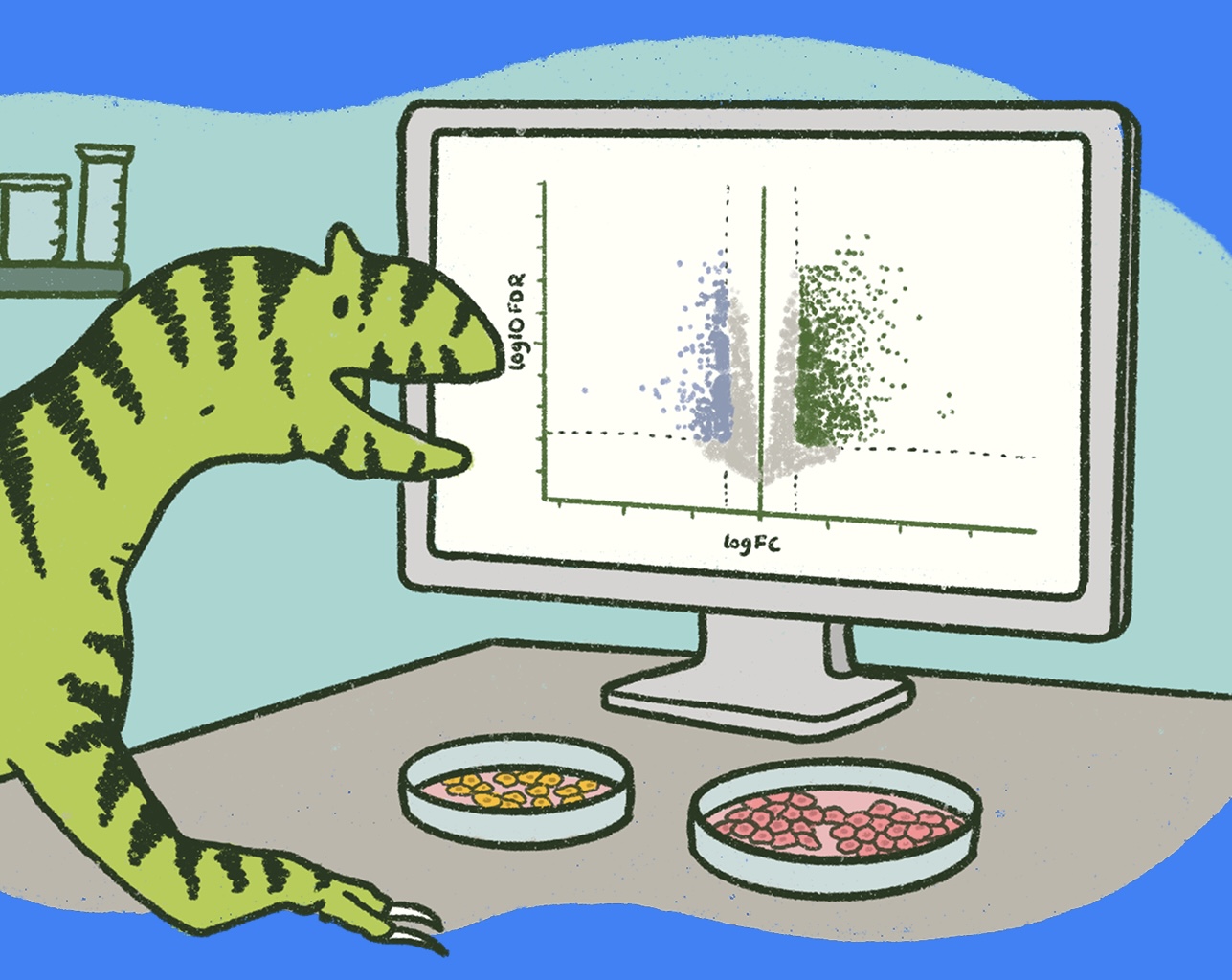
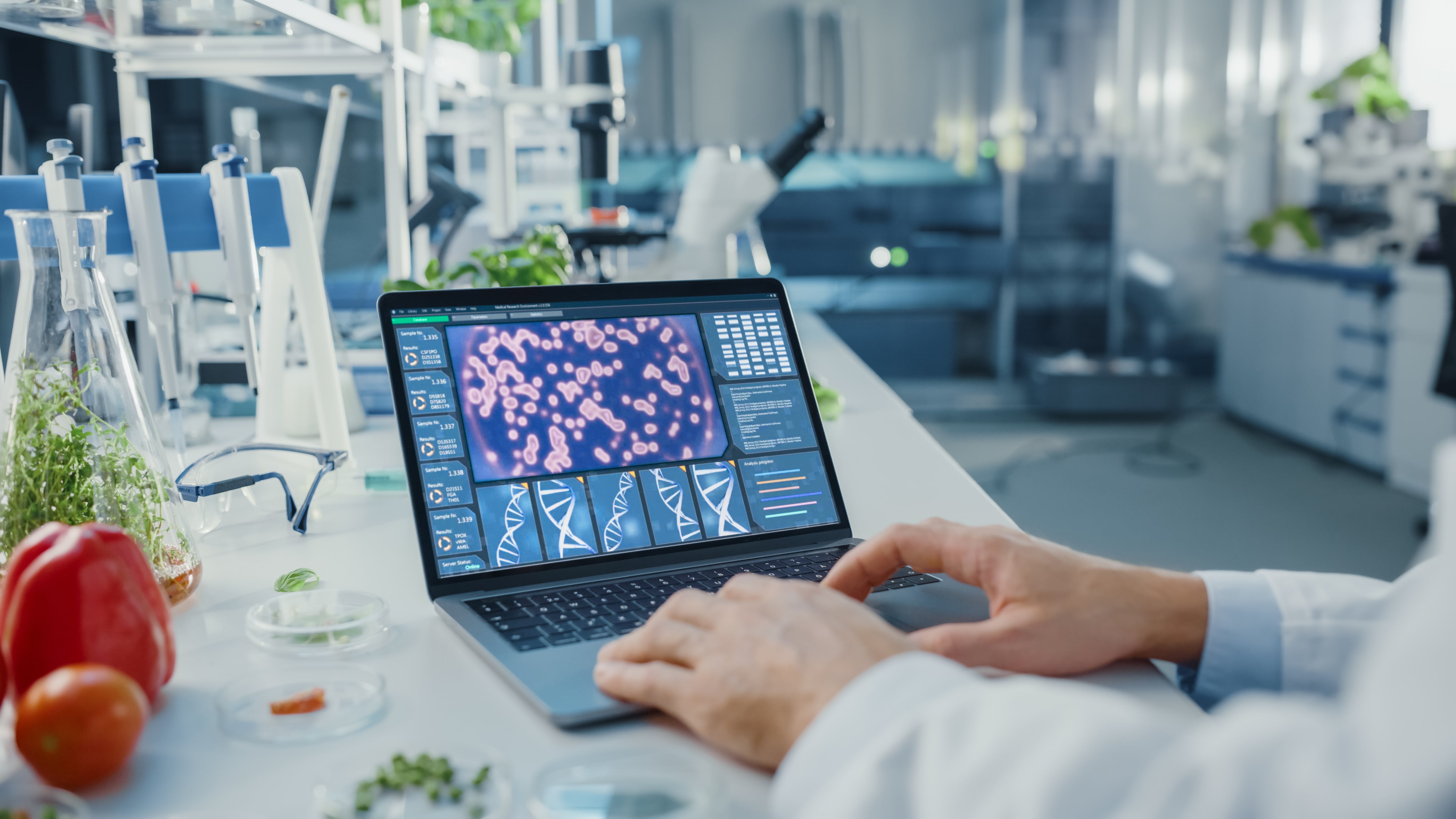
-min.png)
.gif)